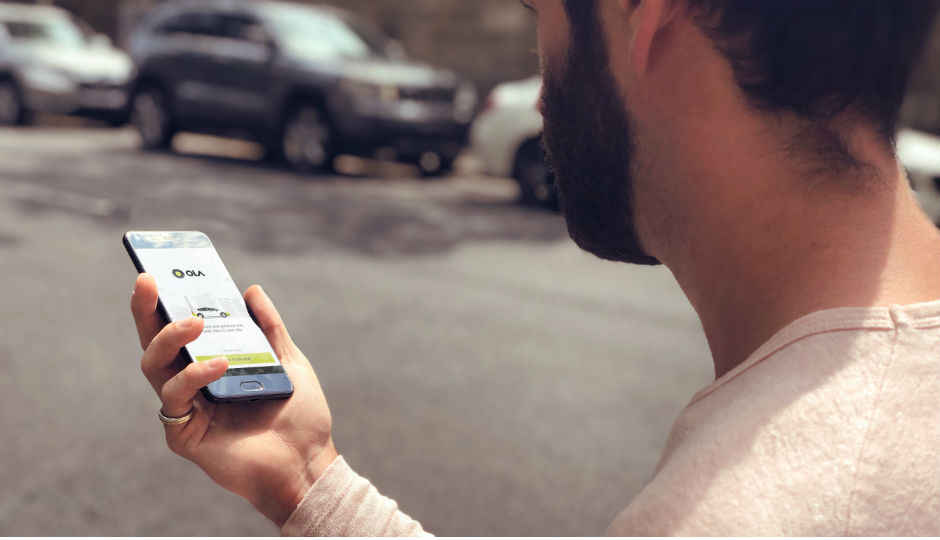Ola launches its policy research and social innovation unit Ola Mobility Institute

Ola says that its institute will focus on leveraging the “disruptive” potential of mobility as a growth and innovation engine for India’s economy.
Ola has launched its policy research and social innovation unit Ola Mobility Institute. The institute will help people develop knowledge repository and thought leadership specific to mobility, allied services, energy, environmental issues, skilling, micro-entrepreneurship including job creation.
Read the complete press release below
Ola, one of the world’s largest ride-hailing platforms, has today announced the launch of a first-of-its-kind policy research and social innovation unit – Ola Mobility Institute. The specialized think tank has been set up to develop knowledge frameworks that will focus on the intersection of mobility and public good. The institute will focus on leveraging the “disruptive” potential of mobility as a growth and innovation engine for India’s economy.
“Mobility touches everyone, everyday, everywhere in the world. The ongoing revolution in this sector promises to improve the lives of citizens, create significant employment and livelihood opportunities, and dramatically reduce congestion and pollution in cities. Every kilometer driven in a shared vehicle contributes to this, and the Ola Mobility Institute will work to ensure innovations continue to have a positive impact,” remarked Anand Shah, Senior Vice President for Strategic Initiatives at Ola.
The Institute, spearheaded by Shah, includes an initial team of strategic thinkers, researchers, academics, and policy specialists trained around the world, including the Indian Institutes of Technology, Harvard University, Oxford University, King’s College – London, the School of Planning and Architecture, the California Institute of Technology, and the Indian School of Business. The Institute is recruiting a global advisory board and will add a dozen mobility experts to its team over the next year.
The unit will initially focus on knowledge frameworks to better understand the social and economic impact around five centers of excellence: mobility as a service, the climate footprint of mobility innovations, skill development and job creation, transportation-oriented urban planning, and the digitization of mobility.
The Institute already launched “Mission: Electric” early this year, to convene mobility providers and leverage their fleets to make electric mobility viable at scale. It builds on Ola’s extensive knowledge base, data capabilities, and practical experience in putting hundreds of electric vehicles on road. As a part of this program, Ola made a renewed commitment to electric mobility, by committing to put 1 million electric vehicles on the road in the next three years. The Institute is encouraging fleet owners and operators who deliver a disproportionate number of kilometers traveled, to be a driving force in reducing the climate impact of mobility on roads.
With the goal of making mobility accessible and equitable, the Institute has also helped create a pioneering global safety council for the ridesharing industry – Street Safe council. The council’s member organizations include the Indian Road Safety Campaign, represented by its founder and president, Amar Srivastava; and the Centre for Social Research, led by its director, Ranjana Kumari. Its individual members include O.P. Agarwal, Head, – World Resources Institute (WRI); Parvinder Singh Pasricha, former Director General of Police, Maharashtra; and Dr. G.V. Ramana Rao, Director – Emergency Medicine Learning Centre & Research. The Institute supports the Council’s goals of supporting governments globally in achieving their road safety targets as per the Brasilia Declaration, and jointly developing safety policies, and processes that ensure 100% safe ride experience for commuters and drivers, with special emphasis on women safety.
The Institute is also working with global institutions to develop a framework to assess mobility in cities across India and other markets, leveraging its vast dataset with other primary research, secondary sources, and best-in-class methodology to develop tools that can help cities ease the burden of mobility on citizens. The Institute will publish a report on this research in October.




